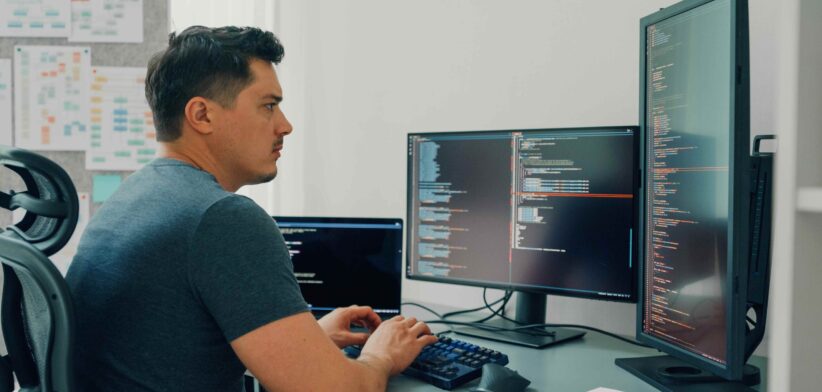One of the world’s leading oil producers has plans to pivot to an artificial intelligence-led economy within a decade, with an Australian among one of their guiding lights.
The United Arab Emirates (UAE), which, according to the United States Energy Information Administration, is among the world’s top 10 oil producers, is looking to transform itself into an AI power and plans to train one million people in AI prompting engineering within three years.
UAE Minister of State for AI, Digital Economy, and Remote Work Applications Omar Al Olama said Dubai, the country’s most important emirate alongside Abu Dhabi, was preparing for the post-oil era and wanted to transform itself from an oil state.
“By 2031, 40 percent of the gross domestic product is to be generated with artificial intelligence,” Al Olama said.
He said the UAE was investing billions to attracting scientists to the Gulf and providing massive support for start-ups.
Al Olama said AI prompt engineering was critical to getting the best out of generative AI.
“It involves understanding the capabilities, limitations, and nuances of AI models and is predicted to be one of the most important skills in the future workplace.”
He said the UAE’s training plan was a first-of-its-kind prompt engineering initiative.
“We want to show people that there is a full spectrum of use cases. Whether you are technical or non-technical, you can utilize these tools,” Al Olama said.
He said at the recent inaugural Global Prompt Engineering Championship in Dubai participants competed in categories beyond traditional coding, such as literature and art, highlighting the broad applicability of AI tools, with Australian Megan Fowkes the winner of the art category.
The championship received thousands of entries from around 100 countries, with 30 finalists from 13 countries qualifying to go to Dubai to compete for the title of best prompt engineer in the competition’s three categories of art, coding, and literature.








